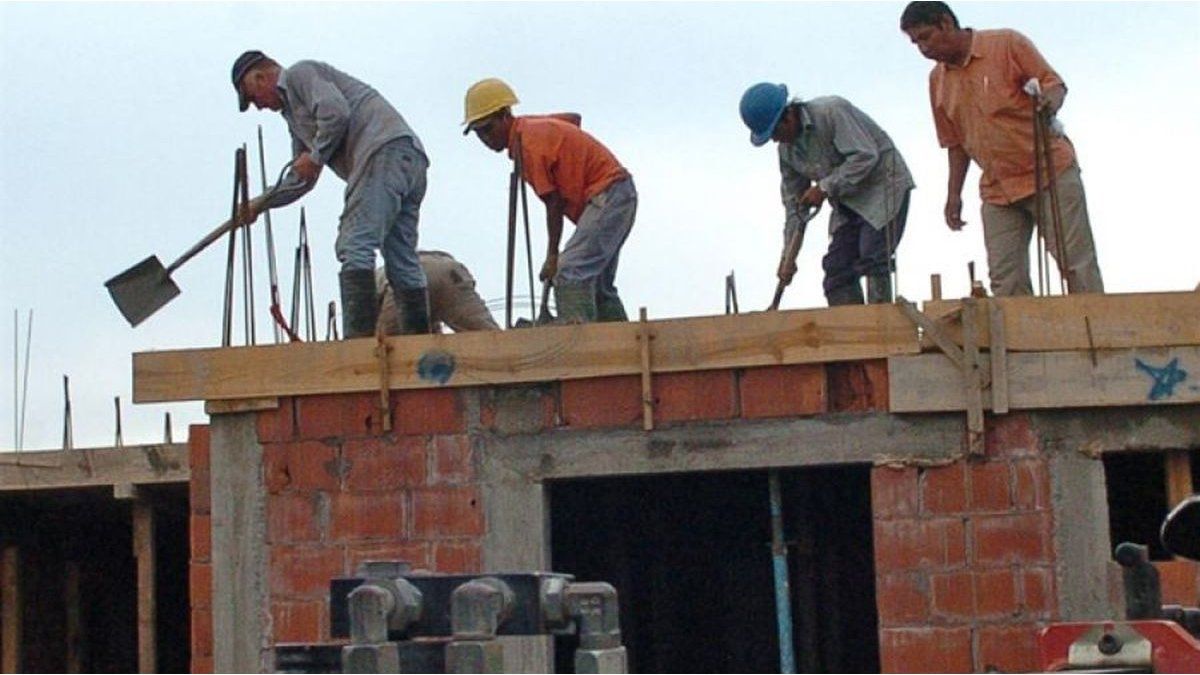The first attempt failed due to breakdowns on the government plane. Now the Foreign Minister is trying to come to Australia and Oceania again. Why is this trip so important to her?
There are always mishaps in the Bundeswehr’s flight readiness, but this one was particularly embarrassing – and had serious consequences. When Federal Foreign Minister Annalena Baerbock wanted to travel to Australia, New Zealand and Fiji for a week in August last year, she barely made it to Abu Dhabi in her aging Airbus A340.
After the refueling stop in the Gulf Emirate, the landing flaps went on strike. The machine had to turn around twice within 24 hours, then Baerbock gave up in frustration. “That’s more than annoying,” she said – and flew home again.
A good eight months later, the trip will now be rescheduled. So that nothing goes wrong again, Baerbock is allowed to fly with “Airforce One” this time. The Airbus A350, named after former Chancellor Konrad Adenauer and which the Federal Chancellor and Federal President normally travel with, is the best that the Air Force currently has to offer for transporting VIPs from the government, parliament and Bellevue Palace.
50 flight hours for 43,000 kilometers – Baerbock is breaking new ground
Yesterday evening Baerbock set off towards Bali, where the refueling stop is planned this morning. We then continue from the Indonesian island to Adelaide in South Australia. If everything goes smoothly, the minister will land there in the afternoon around 2:30 p.m. German time.
It is a journey in which the frequent flyer Baerbock breaks new ground. In Fiji, with its more than 300 islands in the South Pacific, none of her predecessors were in the Foreign Office. Guido Westerwelle last made it to Australia and New Zealand in 2011. So it’s time for someone from the federal government to visit this remote region of the world from a European perspective.
Baerbock has to travel 43,000 kilometers and spend more than 50 hours on the plane. The minister will be away for almost a whole week. Even the wars in Ukraine and the Gaza Strip, where a ceasefire is currently being fought, have not stopped them from this trip. Why is visiting this region so important to you?
Indo-Pacific: Competition between “values partners” and China
The region around the Pacific and Indian Oceans is becoming increasingly strategically important. 60 percent of the world’s population lives there and generates just as much of the world’s economic output. China, an autocratically led great power, is becoming increasingly aggressive there. The communist People’s Republic is fighting over maritime territory in the South China Sea with countries such as Vietnam, Malaysia and the Philippines and views the democratic island republic of Taiwan as its own territory. Beijing has repeatedly threatened to invade.
Baerbock wants to strengthen cooperation with democratic “values partners” in the region such as Australia and New Zealand in order to be able to compete with China. These two countries would be hit “much more directly than we are by the violent gusts of wind that are being sent into the world by China’s increasingly offensive behavior,” said the Green politician before her departure.
Australia: Patrol Boats and Cultural Objects
Australia is a member of the G20 group of leading economic powers and regularly takes part in G7 meetings of economically strong democracies and NATO summits. The country is therefore one of Germany’s most important partners in the region. Baerbock’s visit will, among other things, be about strengthening cooperation in the security area. In addition to her political discussions, she will also visit the Osborne shipyard in Adelaide, where the Bremen-based company Lürssen builds patrol boats for the Australian Navy.
A ceremony is also planned to return cultural assets that were sent to Germany by German missionaries in the 19th century and will now be given to the Kaurna Aboriginal tribe. The Grassi Museum in Leipzig had already brought them back to Australia last year after a personal handover by Baerbock failed due to the trip being canceled.
New Zealand: Antarctica and Space
A representative of the Alfred Wegener Institute for Polar and Marine Research, which wants to conclude a research partnership with the New Zealand Antarctic Institute, is traveling on Baerbock’s plane. New Zealand is one of the twelve original signatories of the Antarctic Treaty of 1959, which provides for exclusively peaceful use of the southern polar region and the waiver of territorial claims.
But New Zealand is also likely to be about economic cooperation. Yesterday the European Union’s free trade agreement with the country came into force. “It is the new gold standard in free trade agreements,” said Baerbock before departure. Also on Baerbock’s program: a visit to the space center at the University of Auckland.
Fiji: Victims of Climate Change
The last stop on your journey takes up the most space, at least in terms of time, at two days. The focus here is clear: Fiji is one of the countries most affected by climate change. Rising sea levels are threatening coastal towns, and the relocation of their residents has already begun in some places. Baerbock will get an idea of the situation at two of these locations.
Source: Stern
I have been working in the news industry for over 6 years, first as a reporter and now as an editor. I have covered politics extensively, and my work has appeared in major newspapers and online news outlets around the world. In addition to my writing, I also contribute regularly to 24 Hours World.




